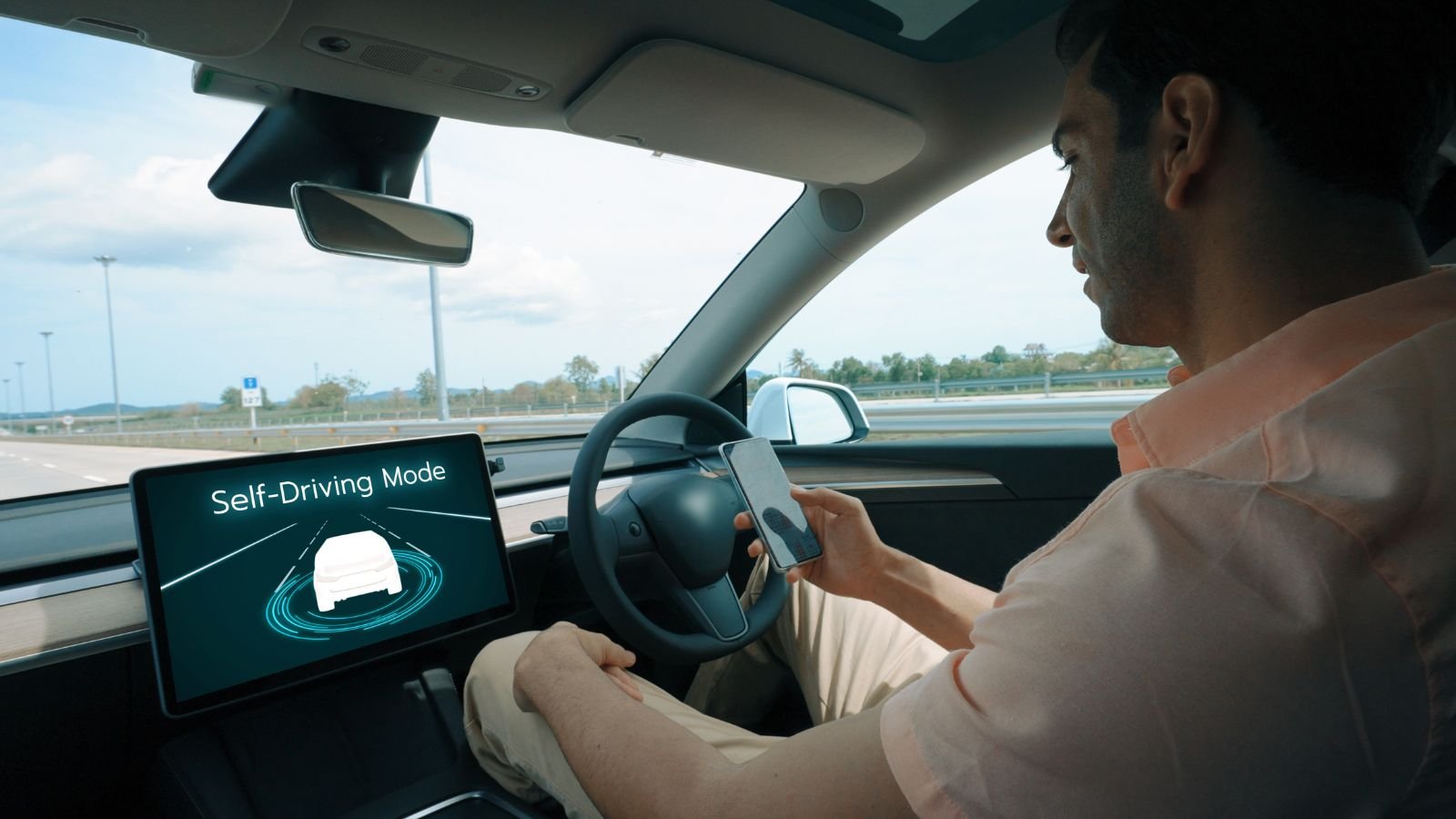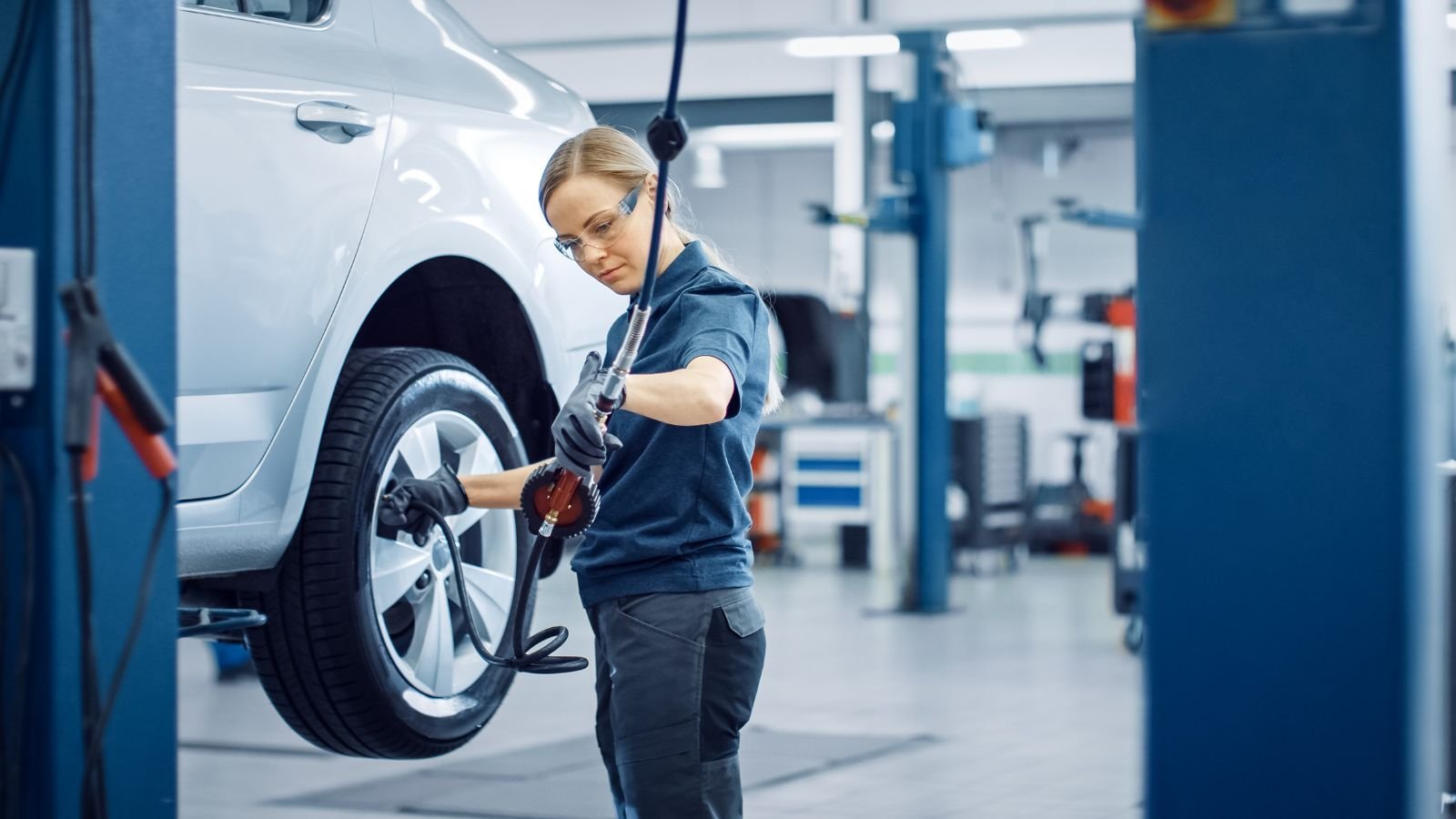Like any other asset, a car’s value will depreciate in a few years. Most car owners look after broader things like the mileage and swift functions of the vehicle, but they overlook fundamental criteria in the long run.
While some depreciation is unavoidable, you unknowingly accelerate it most of the time. If you avoid making these mistakes, you will inevitably minimize the depreciation.
Without further ado, let’s look at the errors that most reduce a vehicle’s worth.
Buying Cars That Lose Value Quickly

Just as cars can have varying degrees of reliability and durability regarding their mechanical and technological components, some models experience faster depreciation rates, resulting in decreased resale value.
This could be due to factors such as high maintenance costs, rapid advancements in automotive technology, or changes in consumer preferences.
Skipping Regular Maintenance:

Regular maintenance is vital, not only for the cars but also for every piece of automobile equipment. You need to make sure there are regular oil changes, replacing the damaged brakes, fluid checks, and all other inspections are part of the routine maintenance of the cars.
Potential buyers will quote a lower price for a poorly maintained vehicle. So, make sure that you have taken the necessary steps at regular intervals.
Lack of Documentation:

Documentation is part and parcel of any vehicle, and cars are no exception. If you do not have a clear car title, vehicle registration, insurance, or car repair records, it will scream red flags for the purchaser.
Odd Paint Color:

According to the research, the value of gold-painted automobiles has depreciated by more than 12% over three years. Some car owners paint blue, yellow, or their favorite color in their cars, but every buyer would not like the same.
The experts recommend keeping the natural color if you resell it. Odd paint colors are usually a no-no for the probable purchaser.
Excessive Mileage:

Cars consist of intricate assemblies of moving components. The greater the frequency of movement these parts endure, the more wear they accumulate, increasing the likelihood of eventual failure. This is why a vehicle’s mileage plays a significant role in determining its market value. Typically, the more miles a car has been driven, the lower its resale value tends to be.
Nevertheless, one must consider the trade-off between mileage and the practicality and enjoyment derived from driving.
Customization Gone Wrong:

In today’s society, many vehicle owners customize their cars to reflect their style and preferences. However, it’s essential to recognize that certain modifications, such as loud exhaust systems, oversized rims, and radical body kits, may not have broad appeal among potential buyers.
When considering the resale of your vehicle, it’s prudent to weigh the impact of customization on its marketability. While modifications may enhance the aesthetic or performance aspects for some individuals, they can also limit the pool of potential buyers who prefer a more traditional or unaltered vehicle.
Bumper Stickers:

While you, as a seller, may find these stickers appealing, it’s crucial to recognize that the buyer’s perspective may differ. Additionally, the act of applying or removing stickers can inadvertently damage the car’s surface, leading to issues like paint damage or scratches. This damage can detract from the vehicle’s overall appeal and potentially affect its resale value.
Damaged Lights:

All the lights are integral to the car, whether the headlight or taillight. Broken, cloudy, and dull headlights cause accidents. Even a cracked taillight can decrease the car’s value by 20%.
Safety concerns significantly impact the depreciation of old cars. So, before it’s too late, go to the service center and replace or repair the nonfunctioning lights for a better price.
Outdated Technology:

The automotive industry is rapidly evolving due to advancements in technology. While these changes may not always be immediately apparent, it’s essential to recognize their impact, particularly when reselling your car.
By investing in cars with the latest technological features, such as advanced infotainment systems, driver assistance technologies, and fuel-efficient engines, owners can enhance the desirability and value of their cars when it comes time to sell.
Mismatched Tires:

Mismatched tires are not only unacceptable but also pose serious safety hazards. When potential buyers inspect a vehicle, the condition of the tires is often one of the top priorities on their checklist.
Neglecting Cleanliness:

Potential buyers usually don’t compromise on the cleanliness of the vehicle. Bad smells, stains, odors, and clutter can give the wrong impression. Regular cleaning and vacuuming of the inside and outside are a must.
